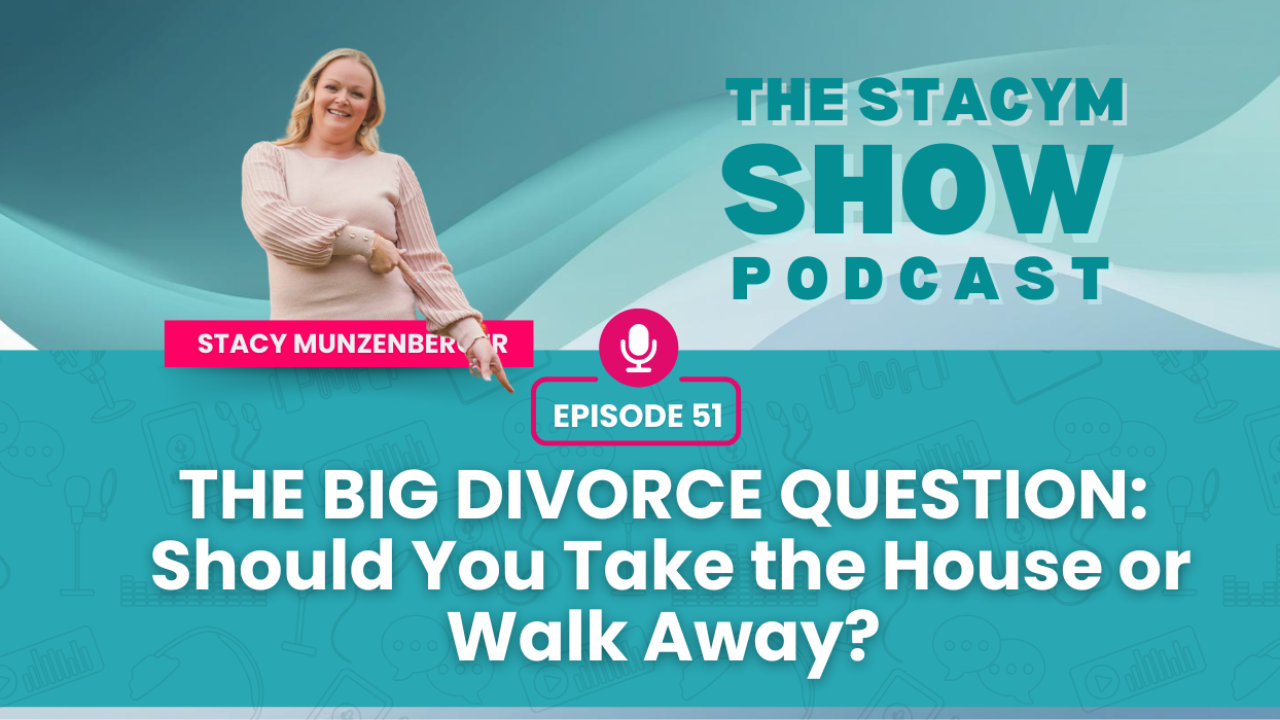Should You Keep the House After Divorce?
Sep 17, 2025
Picture this: you’re sitting in the kitchen, staring at the same walls you’ve stared at for years. The kids’ height chart is still on the doorframe, the backyard has memories of birthday parties, and you can practically hear the echoes of past family dinners. And now, in the middle of a separation, you’re asking yourself the million-dollar question:
“Do I keep the house… or do I walk away?”
This isn’t just about bricks and mortar. It’s about emotions, stability, and yes—the financial reality of what comes next.
The Emotional Pull of the Family Home
Let’s be real: the house feels safe. It’s familiar, and when everything else is changing, it can feel like the one solid thing you can hold onto. For parents, it’s also about the kids—keeping them in their rooms, their school, their neighbourhood.
But here’s the catch: sometimes what feels safe emotionally can actually create more stress practically. That’s why it’s important to balance both sides.
The Practical Questions You Need to Ask
1. Can I Actually Afford It?
Owning a home isn’t just the mortgage—it’s rates, insurance, repairs, maintenance, the works. If keeping the house is going to stretch you beyond your means, it may become more of a burden than a blessing.
2. Will the Bank Back Me?
Even if you want to keep the home, you’ll need to know if a lender will refinance the mortgage into your name. That’s why speaking with a broker (hello 👋 Confetti Finance) early is key—you don’t want any surprises.
3. What About Equity and Settlement?
Keeping the house often means buying out your ex-partner’s share. That can mean taking on more debt than you expected, so you need to know exactly what that looks like on paper.
4. Is This Home Right for My New Life?
Sometimes the family home is just too big, too far from work, or too full of memories that make moving on harder. A fresh start might actually be what sets you free.
5. What About the Kids?
Yes, staying put can help children feel stable. But remember: kids adapt. What matters most is that they feel safe and loved—not which roof is over their heads.
Stepping Stone or Anchor?
At the end of the day, there’s no one-size-fits-all answer. Some people keep the house. Others sell and split the proceeds. And sometimes, one partner stays short-term before selling later.
The right choice is the one that balances your emotional wellbeing, financial reality, and long-term goals.
Ask yourself: Is this house a stepping stone to my future… or an anchor keeping me stuck?
If you’re staring down this decision, don’t go in blind. My team at Confetti Finance can run the numbers on your borrowing capacity, repayments, and options so you know exactly where you stand.
👉 Listen to the full episode of The StacyM Show [here] for the deeper dive.
👉 Book a call with Confetti Finance [here] if you’re ready to see your options.
And remember—you don’t have to rush this decision. There’s no “right” or “wrong,” just the path that makes sense for you.
Don’t miss out on powerful conversations every week! Join us for fresh episodes that dive deep into relationships, personal growth, and resilience. Hit subscribe and tune in to The StacyM Show—your journey to a stronger, more empowered life starts here!

